Graham Reid | | 4 min read

So let us alight on a simple image and tease that thread out.
Imagine a wooden block about the length of your forearm.
On it is carved a text written in the 6th century.
Now imagine 84,000 such blocks which weigh two tons and contain the great teachings of the Buddha.
Now think about these great treasures in Tibet in the late Fifties when the Chinese incursions and inevitable annexation of Tibet are endangering monks and their monasteries, and the texts which are the cornerstones of Tibetan Buddhism.
How to preserve these living artifacts for future generations?
Return to Gandhi Road, a first-time feature length documentary by New Zealand's Yeshe Hegan tells the story – through archival footage, contemporary interviews and recent footage – of, among other things, how Kangyur Rinpoche, under instruction from the Dalai Lama, took the printed texts across that extraordinary mountain landscape between Tibet and India.
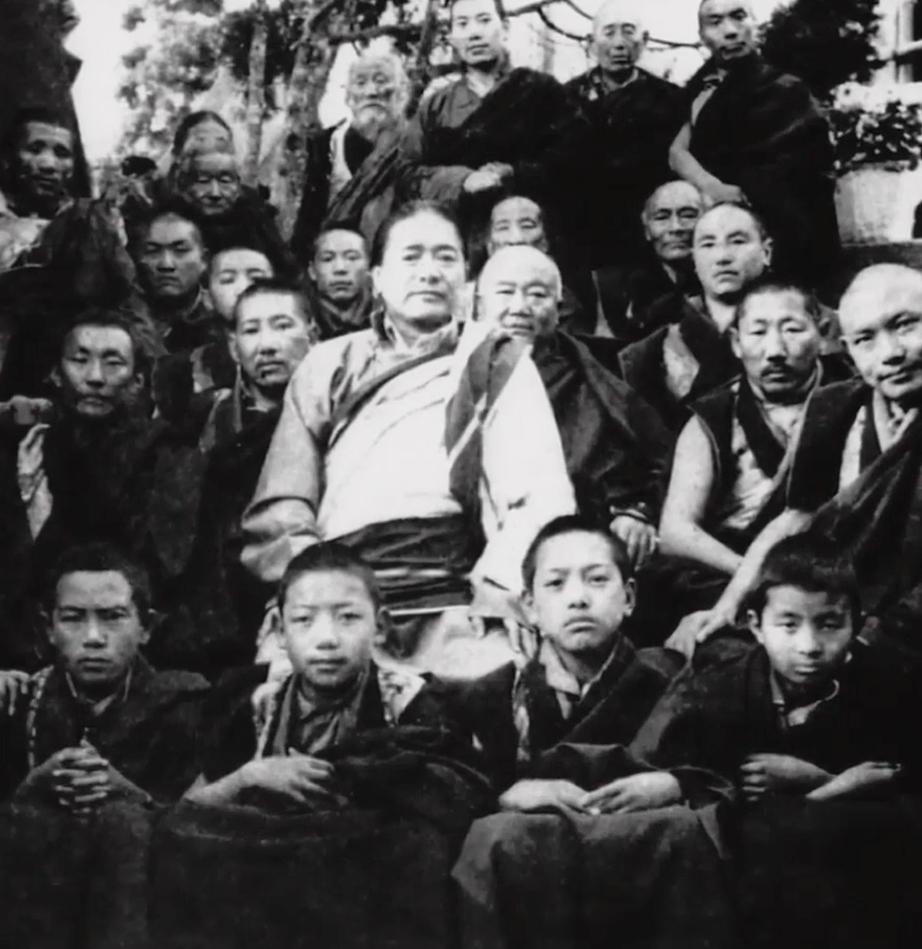 In a journey lasting three years and with help from his young family, scores of porters and almost unbearable hardship brought them to Darjeeling.
In a journey lasting three years and with help from his young family, scores of porters and almost unbearable hardship brought them to Darjeeling.
But that is only one layer of this story and doesn't appear until fully halfway through, because this film is also the story of Kim Hegan, father of director Yeshe, who back in the early Seventies in his late teens went to India to study sitar and Buddhism.
By chance he encountered Kangyur Rinpoche, studied Buddhism with him and for eight years was immersed in the culture and philosophy.
In 1980 however on a return trip Hegan suffered an epileptic fit and came back to New Zealand where he joined the Hegan family's well-known promotional company and over time managed Billy T James and Dave Dobbyn, put on concerts with the likes of Stevie Ray Vaughan and Toni Childs . . . and Buddhism slipped into the past and further and further out of his life.
 But when Buddhist master (director of the justly acclaimed film The Cup) Dzongsar Khyentse Rinpoche came to New Zealand a decade ago he met Hegan and advised him to go back to India (where Hegan hadn't been for almost three decade) and said that his film-maker daughter should record the journey.
But when Buddhist master (director of the justly acclaimed film The Cup) Dzongsar Khyentse Rinpoche came to New Zealand a decade ago he met Hegan and advised him to go back to India (where Hegan hadn't been for almost three decade) and said that his film-maker daughter should record the journey.
So Return to Gandhi Road – literally to 54 Gandhi Road in Darjeeling where Kangyur Rinpoche had established a monastery – is not just the astonishing story of Kangyur Rinpoche, the texts, his journey to India and more, but also of Hegan's initially reluctant journey back to a place which had shaped him.
The story morphs from Hegan's return to a documentation of Kangyur Rinpoche's remarkable and largely unheralded life (he died in 1975) and his spiritual journey which is fascinating even before his heroic trek with the texts.
Return to Gandhi Road involved encounters and interviews with family members and followers, numerous translators, fund-raising and then the filming which was often arduous.
The contemporary is beautifully shot by Fred Renata (Mauri, Mt Zion, Hotere) who has an eye for colour, landscape and small detail as much as the breathtaking landscapes.
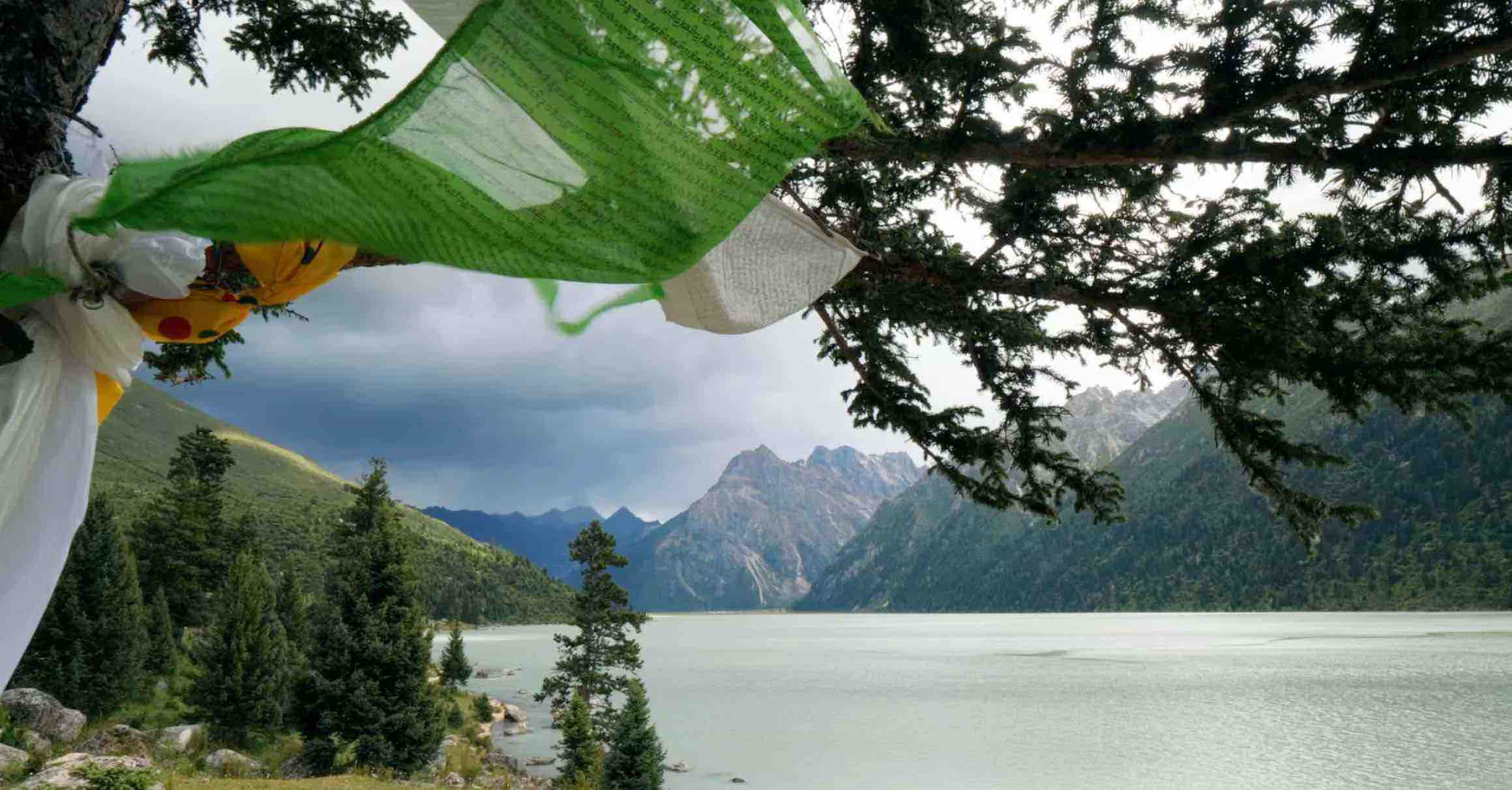 The unique stories of Return to Gandhi Road sometimes run on parallel tracks but always reconnect and cross over, one narrative driving the other or taking a back seat when the more compelling one takes precedence.
The unique stories of Return to Gandhi Road sometimes run on parallel tracks but always reconnect and cross over, one narrative driving the other or taking a back seat when the more compelling one takes precedence.
These are exceptional, rare and insightful interlocking stories which travel through time and place, and engage with the spiritual and secular realms with equal accomplishment.
And what of those 84,000 wooden blocks? That's another story, with a happy ending also.
Return to Gandhi Road is remarkable film on every one of its many levels and layers, and one which follows quite a few spiritual and physical journeys.
As Dzongsar Khyentse Rinpoche notes, in an admittedly different context: “You have to voluntarily choose that [Buddhist] path and if chose that you have to remember it is a journey, it is an adventure . . . the journey can be very, very unexpected.
“Things can happen.”
.
Kim Hegan is interviewed at Elsewhere about Return to Gandhi Road here.
.
RETURN TO GANDHI ROAD SCREENS AT THE FOLLOWING CINEMAS FROM TODAY
CHECK YOUR LOCAL CINEMA FOR DETAILS
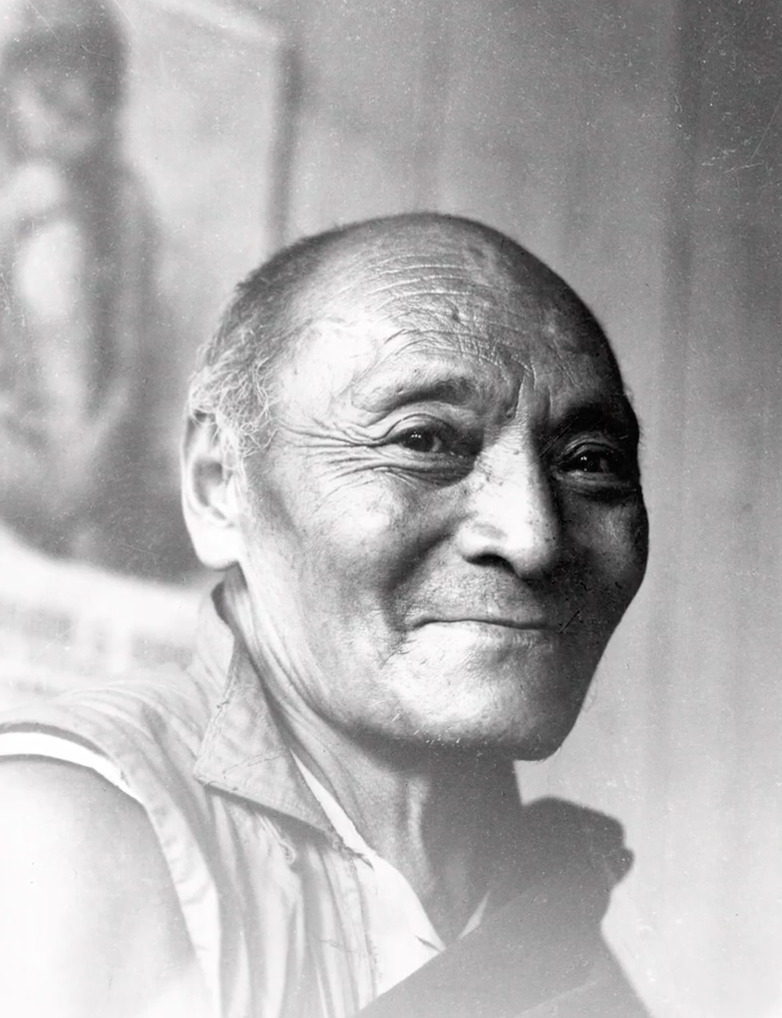
NORTH ISLAND
Rialto Cinema – Auckland
Academy Cinema – Auckland
Monterey Cinema Takapuna – Auckland
Waiheke Cinema – Waiheke
Matakana Cinema – Matakana
Cinema Kororareka – Russell
Embassy Cinema – Thames
Confluence Cinema – Whanganui
Rialto Cinema – Tauranga
Govett Brewster Art Gallery – New Plymouth
Whakamax – Whakatane (two screenings: 6th & 9th Sept)
The Screening Room – Masterton
SOUTH ISLAND
State Cinema – Nelson
Gecko Cinema – Motueka
Rialto Cinema – Dunedin
Lumiere Cinema – Christchurch
Alice Cinema – Christchurch
Hollywood Cinema – Christchurch
Akaroa Cinema – Akaroa / Christchurch
Cinema Paradiso – Wanaka
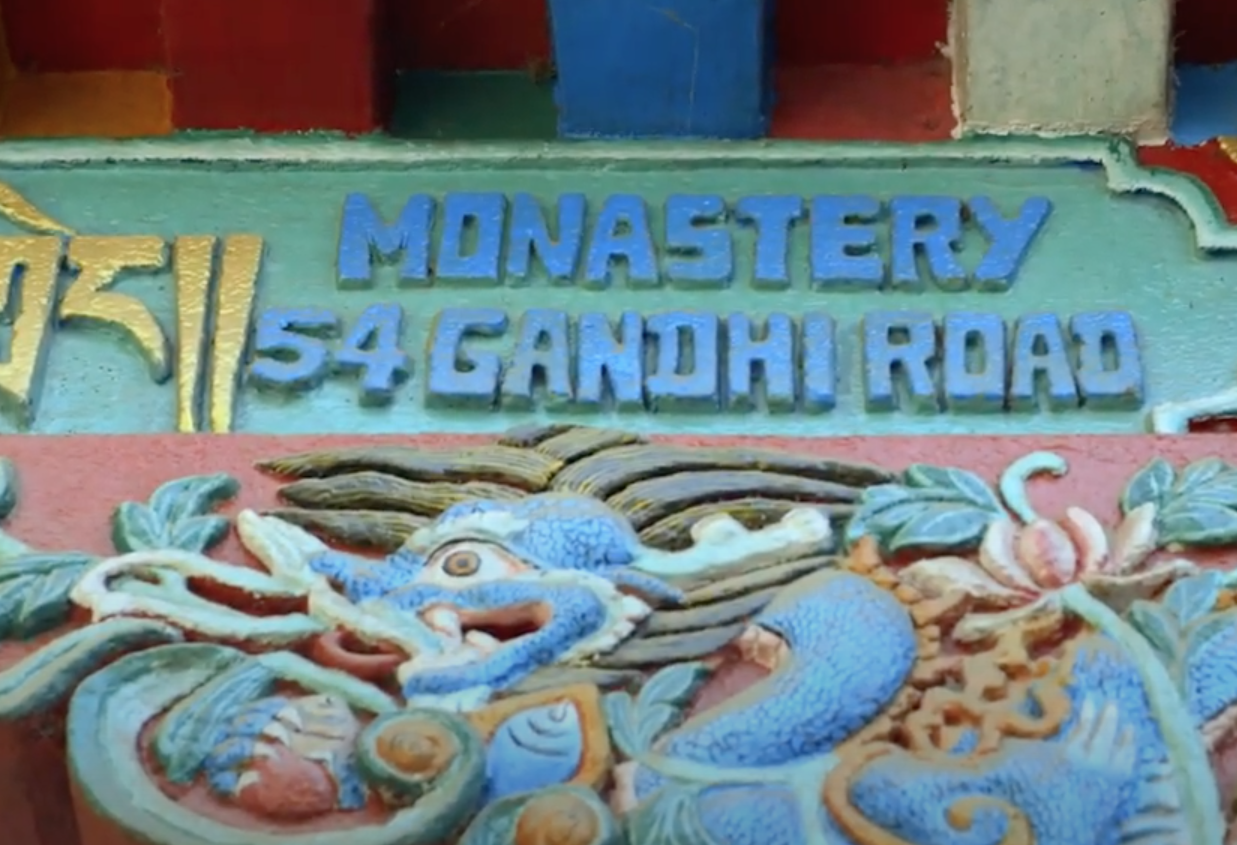

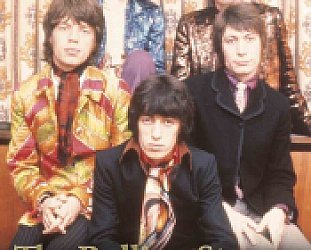
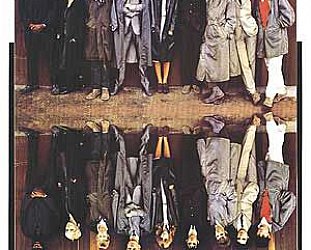
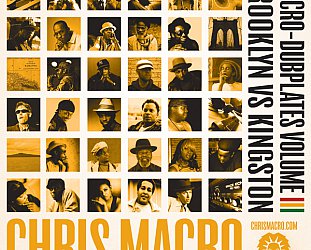
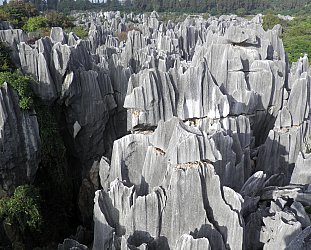
David Trubridge - Sep 7, 2020
I was getting really exited about this . . until I reached the end and saw the very limited screenings, none near Hawkes Bay. Why can't they make it available to everyone online for a price we would be happy to pay? They would sell far more tickets that way.
Savepost a comment